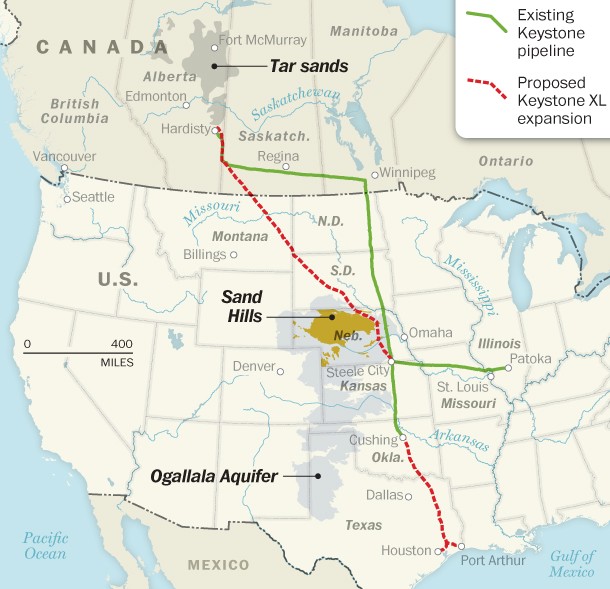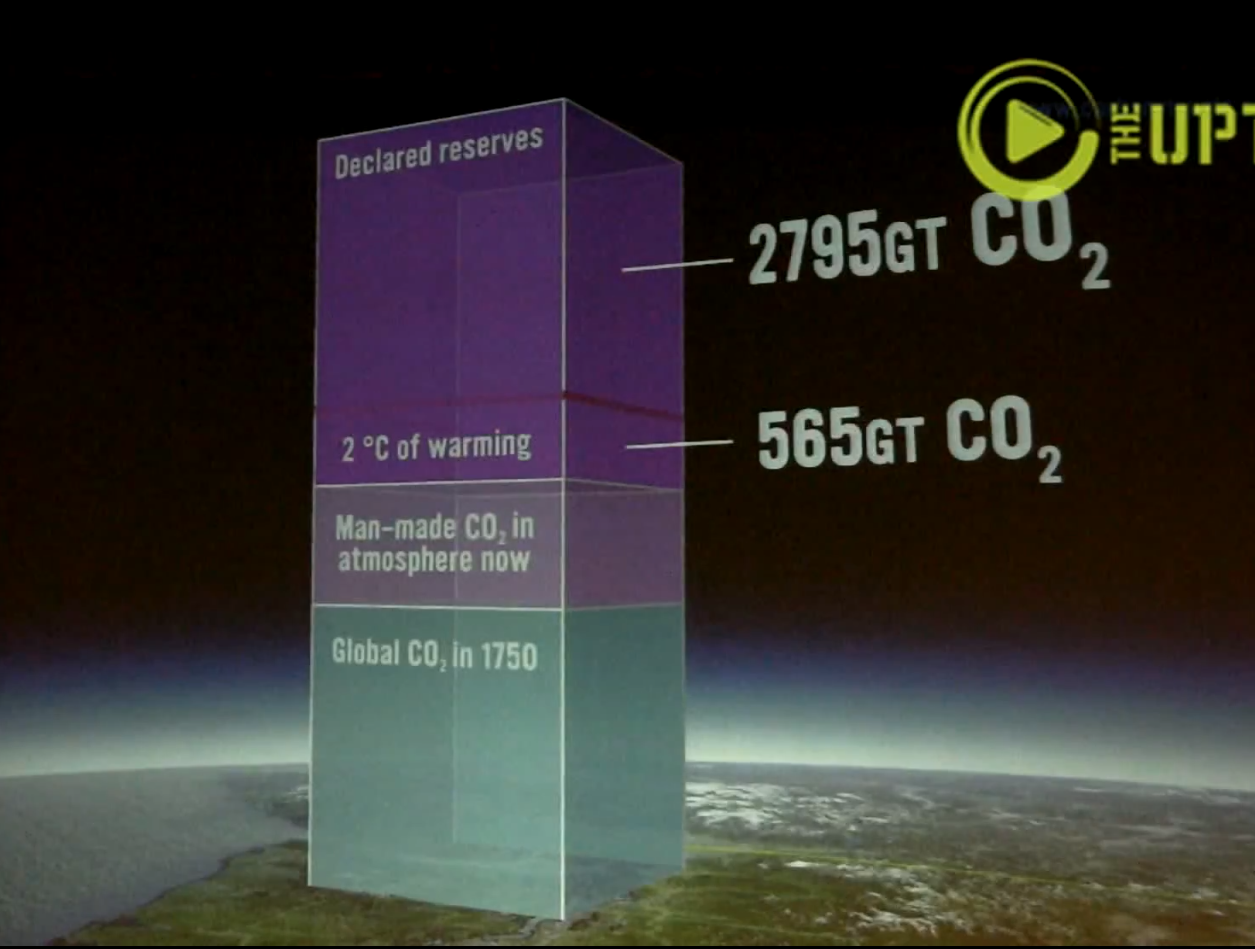On Sunday, November 24, I attended a five-hour training session on nonviolent civil disobedience sponsored by the San Jose Action Team for the Keystone XL Pledge of Resistance. The sponsors of the campaign are a coalition of CREDO Mobile, The Other 98%, and the Rainforest Action Network. The goal is to prevent the approval of the proposed Keystone XL pipeline, which would traverse six states and carry tar sands oil from Alberta to the Gulf of Mexico:

Here are some of the reasons that I’m considering risking arrest for this issue:
- The Pledge of Resistance is a high-visibility campaign with an organized program of nonviolent resistance that can attract media coverage and raise public awareness;
- The campaign is an excellent way to focus public attention on a rogue fossil fuel industry and the privatization agenda of corporate globalization;
- It is a great opportunity to say “Yes” to concerns for both people and planet.
We are at an historic crossroads as a species, and I think the time is right for us to decide what kind of people we want to be. Extracting tar sands oil is like an addict boiling up the carpet on the bar room floor for one last fix. Bill McKibbon’s Do the Math tour on behalf of 350.org summed up the climate crisis in one of the most chilling examples of technical communication I’ve ever seen:

Scientists warn that we can only emit 565 more gigatons of CO2 before the temperature of the earth’s atmosphere rises by 2 degrees Centigrade. Even nation states with a perceived interest to protect industry agree that this 2°C level will render the earth uninhabitable for human life as we know it. But the fossil fuel industry currently has 2,795GT of CO2 in their reserves, and is spending millions every day looking for more carbon to burn.
So if we burn all of that coal, natural gas, and oil that we have in the ground, we will render our planet uninhabitable. No planet for the rich, no planet for the poor, no planet for Fools Mission or Shell Oil Company. This analysis of an existential threat to our species doesn’t include the potential devastation of ecosystems, pollution of water sources, and public health concerns raised by the Keystone XL project.
There is plenty more we can do to save our beautiful Earth, such as driving less, using bikes and electric vehicles, recycling, eating locally grown food, reducing our energy consumption, and buying less plastic stuff that we don’t need. Maybe it will also help if more people see elderly folks on the news being led away in handcuffs for resisting global suicide.
Please contact me at thomas@foolsmission.org if you want to find out more about the Pledge of Resistance.